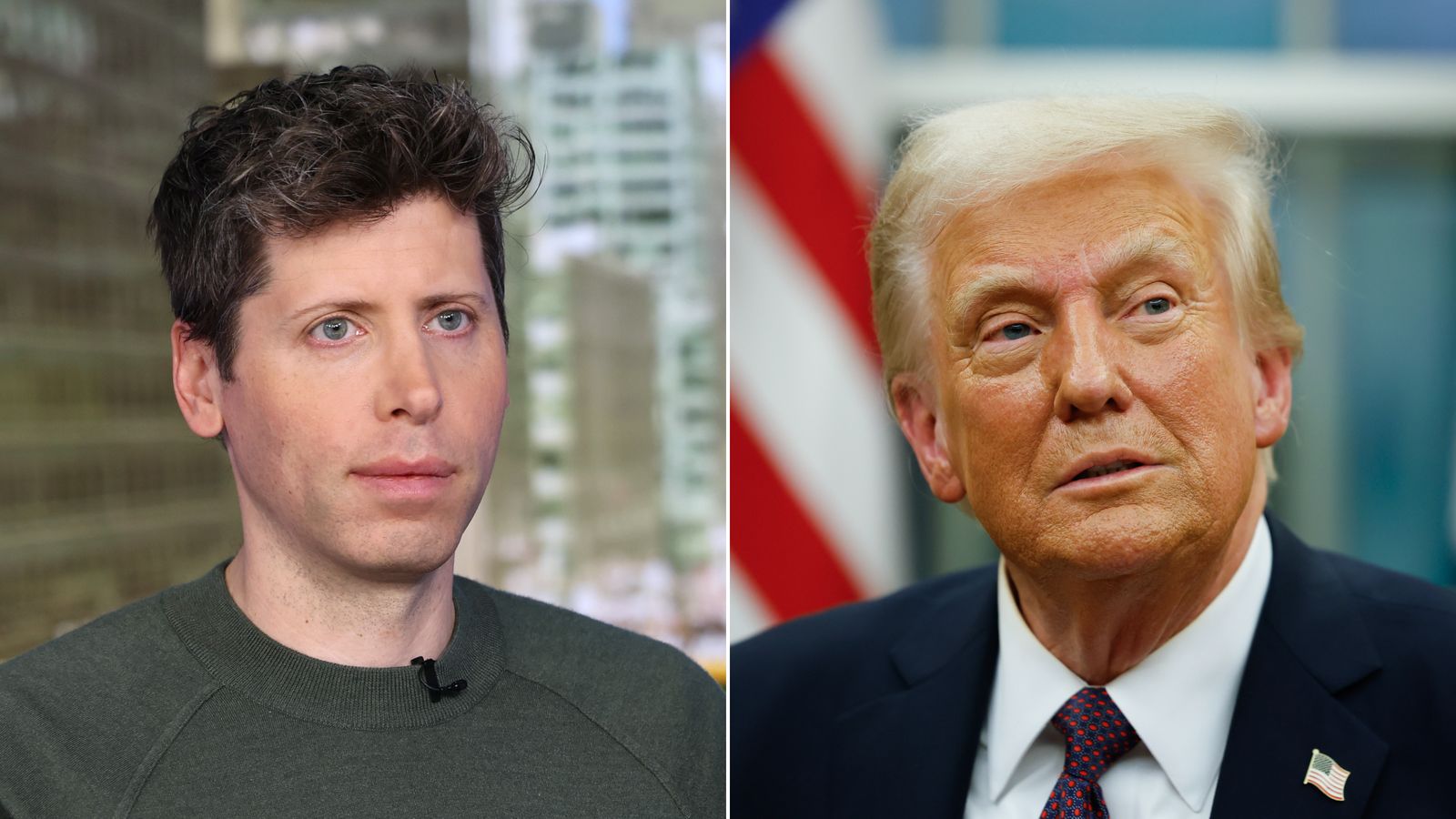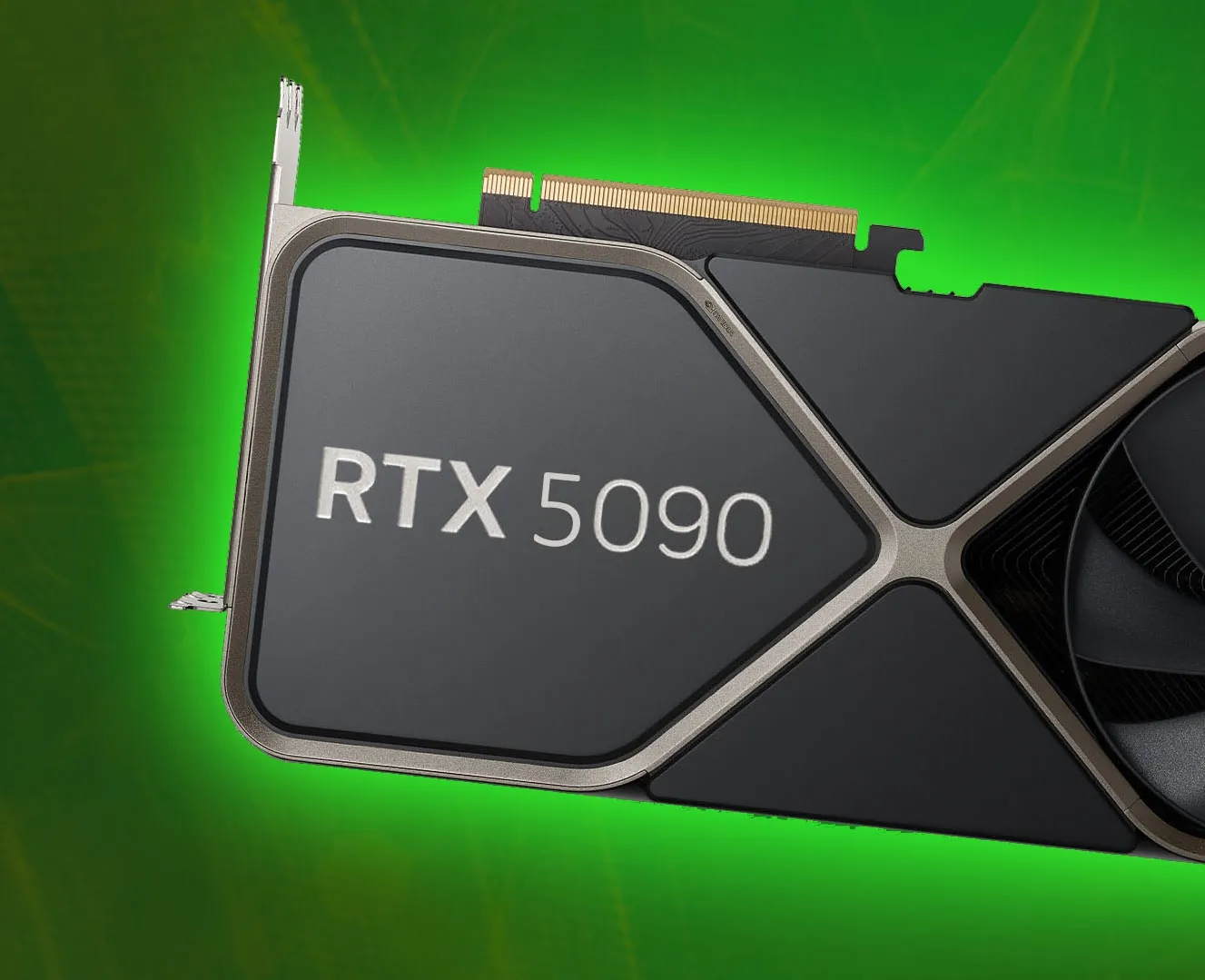Home / technology / Taiwan Plans Thorough Review of Potential U.S. Tariffs on Semiconductors and Seeks Diplomatic Dialogue for Industry Fairness
Taiwan Plans Thorough Review of Potential U.S. Tariffs on Semiconductors and Seeks Diplomatic Dialogue for Industry Fairness
By: My India Times
6 minutes read 100Updated At: 2025-04-15

Introduction: In a strategic move to safeguard its globally critical semiconductor industry, Taiwan announced on Tuesday that it will conduct a comprehensive simulation of the potential impact of U.S. tariffs on chip exports. This decision comes as Washington explores imposing new duties on semiconductor imports under the justification of national security. Taiwan's Ministry of Economic Affairs emphasized the importance of engaging in bilateral dialogue with the United States to protect the interests of its chipmakers and promote fair trade practices in the technology sector.
Background: U.S. Investigates Foreign Dependence on Semiconductors The development follows growing concerns in the United States over its heavy dependence on foreign manufacturing for key sectors such as semiconductors and pharmaceuticals. The U.S. Department of Commerce, under a directive originating during the Trump administration and continuing under subsequent leadership, is currently conducting a probe to determine whether this reliance poses a risk to national security. The review could potentially lead to the imposition of tariffs on imports of microchips and pharmaceutical products, affecting major global suppliers—including Taiwan.
Semiconductors are a vital component in everything from smartphones and computers to advanced defense systems and electric vehicles. As such, the U.S. government has declared that having a domestic semiconductor manufacturing base is critical to its economic stability and national defense capabilities.
Taiwan's Role in the Global Chip Supply Chain Taiwan is home to some of the world's most advanced semiconductor companies, including Taiwan Semiconductor Manufacturing Company (TSMC), the largest contract chipmaker globally. The island’s semiconductor sector is considered the backbone of global tech supply chains. More than 90% of the world’s most advanced chips are manufactured in Taiwan, making the country an indispensable part of the high-tech industry.
The United States, in particular, is highly reliant on these imports. Despite efforts to reshore semiconductor production, U.S. manufacturers continue to depend on Taiwan's expertise and advanced manufacturing capabilities for cutting-edge chips. According to industry estimates, Taiwanese companies supply more than 60% of the chips used in the U.S.
Minister’s Remarks and Taiwan’s Response Taiwan's Economy Minister Kuo Jyh-huei addressed reporters on Tuesday outside the Legislative Yuan, expressing concerns over the potential implications of U.S. tariffs on Taiwan’s semiconductor exports. “We will simulate the possible economic impact of U.S. tariffs on our semiconductor sector and actively engage with U.S. counterparts to ensure fair competition,” Kuo stated.
Kuo added that Taiwan recognizes the importance of global supply chain resilience and shares the United States' strategic goals for semiconductor independence. However, he emphasized that unilateral trade measures could undermine the spirit of cooperation and economic partnership between the two democracies.
Taiwan’s Strategy: Economic Analysis and Diplomatic Engagement The Taiwanese government plans to launch an in-depth analysis of how the proposed U.S. tariffs could impact the island’s semiconductor industry, which accounted for over $150 billion in exports last year. The simulation will explore potential revenue losses, market share shifts, and how such tariffs might impact Taiwanese chipmakers’ competitiveness on the global stage.
Following the analysis, Taiwan intends to initiate diplomatic consultations with U.S. officials. The goal is to reach a mutual understanding that prioritizes economic fairness, technological collaboration, and long-term supply chain stability.
“We respect the United States' policy decisions, but we also hope they understand our position as a strategic partner, not a competitor,” Minister Kuo added.
The Chips Act and U.S. Push for Domestic Production The current discussion on tariffs is tied to the broader U.S. strategy to reduce dependence on foreign chip supplies, an effort that gained momentum during Joe Biden’s presidency. Through the CHIPS and Science Act, Washington allocated over $50 billion to boost domestic semiconductor manufacturing, research, and development.
In March 2024, the U.S. awarded significant funding to companies like Intel, TSMC, Samsung, and Micron to expand production within American borders. TSMC, in particular, received billions in subsidies to build and equip advanced fabrication facilities in Arizona. These efforts are intended to bring a portion of the global chip supply closer to home and reduce vulnerabilities exposed during the COVID-19 pandemic and geopolitical tensions.
However, despite these investments, industry experts warn that the U.S. remains years away from achieving self-sufficiency in advanced chip manufacturing. Meanwhile, Taiwan continues to dominate the industry with its technical know-how, skilled workforce, and established infrastructure.
Concerns in the Global Tech Community News of potential tariffs has sparked concern among global tech stakeholders. Industry groups fear that such measures could increase production costs, disrupt existing supply chains, and trigger retaliatory actions. Given the interdependent nature of the semiconductor industry, even slight policy shifts can have far-reaching consequences.
Leading tech firms in the U.S., many of which rely on Taiwanese semiconductors, have called for careful evaluation before implementing trade restrictions. Companies like Apple, NVIDIA, and Qualcomm depend on Taiwan’s high-end chip fabrication for the performance and efficiency of their products.
Taiwan-U.S. Relations: A Strategic Alliance Under Stress? While Taiwan and the U.S. maintain close economic and diplomatic ties, this development introduces a layer of complexity to their partnership. The two share common values and strategic interests, particularly in countering threats in the Indo-Pacific region. The United States has long been a key ally and supporter of Taiwan amid rising tensions with China.
Taiwan’s semiconductor dominance has also played a role in its geopolitical significance. Analysts believe that the U.S. sees Taiwan’s chip industry as a “silicon shield” that bolsters the island’s international importance and deters potential aggression.
Thus, any policy that could strain Taiwan’s economic stability or diminish its semiconductor advantage may have broader strategic consequences.
Conclusion: Seeking Balance Between Security and Cooperation As Taiwan prepares for simulations and diplomatic talks, the global tech world is watching closely. The outcome of this situation could set a precedent for how major economies balance national security interests with the realities of an interconnected global economy.
Taiwan’s proactive stance reflects both its awareness of global shifts and its desire to remain a reliable partner in the high-tech supply chain. By combining data-driven analysis with strategic diplomacy, Taiwan aims to ensure that any changes in trade policy serve mutual interests rather than sow division.
For now, all eyes will be on the discussions that unfold between Taipei and Washington—talks that could shape the future of the global semiconductor industry for years to come.
....Introduction: In a strategic move to safeguard its globally critical semiconductor industry, Taiwan announced on Tuesday that it will conduct a comprehensive simulation of the potential impact of U.S. tariffs on chip exports. This decision comes as Washington explores imposing new duties on semiconductor imports under the justification of national security. Taiwan's Ministry of Economic Affairs emphasized the importance of engaging in bilateral dialogue with the United States to protect the interests of its chipmakers and promote fair trade practices in the technology sector.
Background: U.S. Investigates Foreign Dependence on Semiconductors The development follows growing concerns in the United States over its heavy dependence on foreign manufacturing for key sectors such as semiconductors and pharmaceuticals. The U.S. Department of Commerce, under a directive originating during the Trump administration and continuing under subsequent leadership, is currently conducting a probe to determine whether this reliance poses a risk to national security. The review could potentially lead to the imposition of tariffs on imports of microchips and pharmaceutical products, affecting major global suppliers—including Taiwan.
Semiconductors are a vital component in everything from smartphones and computers to advanced defense systems and electric vehicles. As such, the U.S. government has declared that having a domestic semiconductor manufacturing base is critical to its economic stability and national defense capabilities.
Taiwan's Role in the Global Chip Supply Chain Taiwan is home to some of the world's most advanced semiconductor companies, including Taiwan Semiconductor Manufacturing Company (TSMC), the largest contract chipmaker globally. The island’s semiconductor sector is considered the backbone of global tech supply chains. More than 90% of the world’s most advanced chips are manufactured in Taiwan, making the country an indispensable part of the high-tech industry.
The United States, in particular, is highly reliant on these imports. Despite efforts to reshore semiconductor production, U.S. manufacturers continue to depend on Taiwan's expertise and advanced manufacturing capabilities for cutting-edge chips. According to industry estimates, Taiwanese companies supply more than 60% of the chips used in the U.S.
Minister’s Remarks and Taiwan’s Response Taiwan's Economy Minister Kuo Jyh-huei addressed reporters on Tuesday outside the Legislative Yuan, expressing concerns over the potential implications of U.S. tariffs on Taiwan’s semiconductor exports. “We will simulate the possible economic impact of U.S. tariffs on our semiconductor sector and actively engage with U.S. counterparts to ensure fair competition,” Kuo stated.
Kuo added that Taiwan recognizes the importance of global supply chain resilience and shares the United States' strategic goals for semiconductor independence. However, he emphasized that unilateral trade measures could undermine the spirit of cooperation and economic partnership between the two democracies.
Taiwan’s Strategy: Economic Analysis and Diplomatic Engagement The Taiwanese government plans to launch an in-depth analysis of how the proposed U.S. tariffs could impact the island’s semiconductor industry, which accounted for over $150 billion in exports last year. The simulation will explore potential revenue losses, market share shifts, and how such tariffs might impact Taiwanese chipmakers’ competitiveness on the global stage.
Following the analysis, Taiwan intends to initiate diplomatic consultations with U.S. officials. The goal is to reach a mutual understanding that prioritizes economic fairness, technological collaboration, and long-term supply chain stability.
“We respect the United States' policy decisions, but we also hope they understand our position as a strategic partner, not a competitor,” Minister Kuo added.
The Chips Act and U.S. Push for Domestic Production The current discussion on tariffs is tied to the broader U.S. strategy to reduce dependence on foreign chip supplies, an effort that gained momentum during Joe Biden’s presidency. Through the CHIPS and Science Act, Washington allocated over $50 billion to boost domestic semiconductor manufacturing, research, and development.
In March 2024, the U.S. awarded significant funding to companies like Intel, TSMC, Samsung, and Micron to expand production within American borders. TSMC, in particular, received billions in subsidies to build and equip advanced fabrication facilities in Arizona. These efforts are intended to bring a portion of the global chip supply closer to home and reduce vulnerabilities exposed during the COVID-19 pandemic and geopolitical tensions.
However, despite these investments, industry experts warn that the U.S. remains years away from achieving self-sufficiency in advanced chip manufacturing. Meanwhile, Taiwan continues to dominate the industry with its technical know-how, skilled workforce, and established infrastructure.
Concerns in the Global Tech Community News of potential tariffs has sparked concern among global tech stakeholders. Industry groups fear that such measures could increase production costs, disrupt existing supply chains, and trigger retaliatory actions. Given the interdependent nature of the semiconductor industry, even slight policy shifts can have far-reaching consequences.
Leading tech firms in the U.S., many of which rely on Taiwanese semiconductors, have called for careful evaluation before implementing trade restrictions. Companies like Apple, NVIDIA, and Qualcomm depend on Taiwan’s high-end chip fabrication for the performance and efficiency of their products.
Taiwan-U.S. Relations: A Strategic Alliance Under Stress? While Taiwan and the U.S. maintain close economic and diplomatic ties, this development introduces a layer of complexity to their partnership. The two share common values and strategic interests, particularly in countering threats in the Indo-Pacific region. The United States has long been a key ally and supporter of Taiwan amid rising tensions with China.
Taiwan’s semiconductor dominance has also played a role in its geopolitical significance. Analysts believe that the U.S. sees Taiwan’s chip industry as a “silicon shield” that bolsters the island’s international importance and deters potential aggression.
Thus, any policy that could strain Taiwan’s economic stability or diminish its semiconductor advantage may have broader strategic consequences.
Conclusion: Seeking Balance Between Security and Cooperation As Taiwan prepares for simulations and diplomatic talks, the global tech world is watching closely. The outcome of this situation could set a precedent for how major economies balance national security interests with the realities of an interconnected global economy.
Taiwan’s proactive stance reflects both its awareness of global shifts and its desire to remain a reliable partner in the high-tech supply chain. By combining data-driven analysis with strategic diplomacy, Taiwan aims to ensure that any changes in trade policy serve mutual interests rather than sow division.
For now, all eyes will be on the discussions that unfold between Taipei and Washington—talks that could shape the future of the global semiconductor industry for years to come.
By: My India Times
Updated At: 2025-04-15
Tags: technology News | My India Times News | Trending News | Travel News
Join our WhatsApp Channel













































.jpg)
















































































































.png)
 (1).png)





















